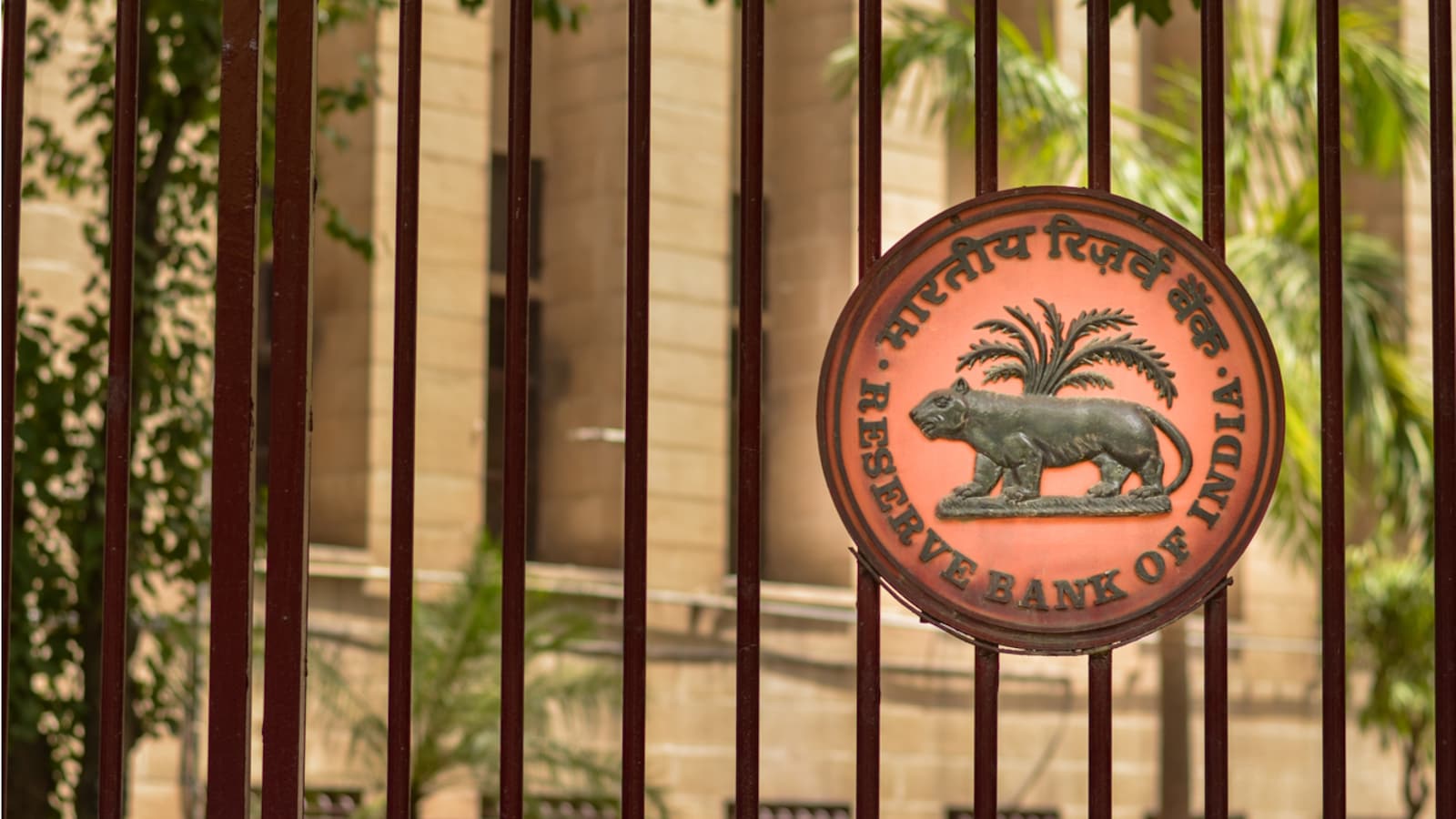India’s public sector banks will be privatised one by one as if waiting for Godot

India’s public sector banks will be privatised one by one as if waiting for Godot
The government must make a decision and take action about the long-pending privatization of PSB. Make your position known if you don’t want to privatize.
In keeping with tradition, the Reserve Bank of India (RBI) published its monthly bulletin for the month of August. One of the research papers in the journal’s bulletin on the privatization of public sector banks (PSBs) sparked a media and financial market frenzy.
The need for an unprecedented explanation of the article’s intent was so great that the central bank felt it necessary to make one.
What was it in the study paper/article that generated so much debate? For a very long time, the privatization of PSBs has been a contentious topic, and everything the government or the RBI releases is often the subject of extensive discussion. No different this time.
In terms of indicators for financial inclusion and profitability, the research piece compared the performance of PSBs and private banks (PVBs). According to the study, PSBs have done better at fostering financial inclusion than PVBs, even though PVBs were more effective at maximizing profits.
Additionally, they discovered that compared to PVBs, lending by PSBs is less procyclical. As a result, credit expansion (or contraction) by PSBs is less correlated with the business cycle than it is by PVBs. This shows that in the case of a slowdown, the PSBs are less impacted than the PVBs. The PSBs respond better to the countercyclical monetary policies implemented by the central bank since they are in better shape during an economic downturn. Even though their financial standing was worse, the PSBs were able to survive COVID-19.
The widespread belief is that privatization is the cure-all for all economic issues. The item in the bulletin makes the case that while pursuing privatization, a more nuanced approach is necessary. According to the report, the PSBs still have a part to play in the Indian banking industry when it comes to monetary transmission and financial inclusion. The government recently merged the PSBs, and the National Asset Reconstruction Company Limited (NARCL) was established to remove problematic loans from balance sheets, according to the authors. The government has previously made known that it plans to sell up two banks.
The authors contend that “a big bang method of privatizing these banks may cause more harm than good” based on their findings. Rather than huge, sudden privatization, the study suggests a more methodical approach.
According to a few media reports, the RBI has advised the government against taking a scattershot approach to bank privatization. Others said that the opposition parties had claimed that the government was disobeying the RBI’s recommendations about privatization. After reading the RBI document, it is obvious that the writers have not expressed any opinions that differ from those of the government. Actually, they’ve given their consent to the government’s progressive approach to bank privatization. In order to explain that the thoughts presented are not those of the RBI but rather of the researchers, the RBI, which had been caught in the crossfire, hastily released a statement.
The government-set norms are one factor affecting this problem. The present administration of the Union has declared itself to be in favour of complete privatization. The government embraced the Thatcher-Reagan style of governance, which encouraged the simultaneous sale of all public assets in an effort to bring about the government’s financial collapse. The government’s history with divestitures, meanwhile, has been more incremental than big-bang. Two public sector banks were supposed to be sold by the government in the Union Budget for 2021–2022; however, this hasn’t happened yet. Therefore, it is unclear why the government continues to be perceived as a big-bang reformer and privatizer.

It is important to address a study report that was co-authored by Arvind Panagariya, a former vice-chairman of Niti Aayog, and Poonam Gupta, director general of the National Council of Applied Economic Research and member of the Economic Advisory Council to the Prime Minister. By contrasting PSBs to PVBs, the authors of this article find that the latter is superior to the former in the majority of categories (the RBI paper does not agree). They suggest privatization of all PSBs, with the exception of the State Bank of India, in light of their findings. This document advocates a more severe approach than the RBI whitepaper while failing to spark a conversation.
In conclusion, the government must make a decision and take action on the planned privatization of PSB. As recommended by the opposition, the administration should publish a white paper on bank privatization. The government should make it clear if it does not want to privatize.

It should follow the timetables if it intends to privatize the PSBs. So far, the PSB privatization events have reminded me of Samuel Beckett’s play “Waiting for Godot.” The play’s two main protagonists keep waiting for Godot, but he does not appear until the very end. Something similar is occurring with the privatization of PSB if the markets and economists in the play were substituted.
edited and proofread by nikita sharma




